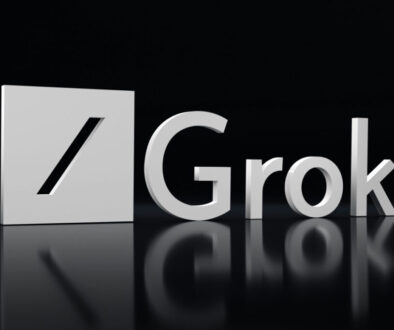Digital Markets Act comes into force
The European Union’s Digital Markets Act (DMA) officially came into force on March 7th, 2024, marking a significant milestone in the EU’s efforts to regulate the digital market and curtail the monopolistic practices of Big Tech companies. As part of the broader Digital Services Act Package initiated by the European Commission, the DMA aims to establish a fairer and more competitive digital market within the EU.
The DMA is a groundbreaking piece of legislation designed to address the challenges posed by the dominant market positions of major technology firms, often referred to as “gatekeepers” in the digital landscape. These gatekeepers include colossal companies that control significant platforms or services, such as social media networks, search engines, and online marketplaces, which have become integral to the digital economy and society at large.
Key Objectives and Implications of the DMA:
- Promote Fair Competition: The DMA seeks to ensure that the digital market remains competitive by preventing gatekeepers from abusing their dominant positions. It introduces specific obligations for these companies, including prohibitions on certain behaviors that can hinder competition.
- Enhance Consumer Choice: By regulating gatekeepers, the DMA aims to give consumers more choices and freedom in the digital space. It ensures that users are not locked into a single ecosystem and can freely select between different services and products.
- Foster Innovation: A more competitive market is believed to encourage innovation among both large tech firms and smaller startups. The DMA intends to create an environment where new ideas and technologies can flourish without being overshadowed or absorbed by tech giants.
- Increased Scrutiny and Penalties: The DMA establishes mechanisms for the monitoring and enforcement of its rules, including the possibility of imposing significant fines on companies that fail to comply. This heightened scrutiny signals the EU’s strong commitment to enforcing these regulations.
The arrival of the DMA has been met with both anticipation and concern across various sectors of the digital economy. While it is seen as a necessary step towards re-balancing the digital market, questions remain about its implementation and the potential impacts on both businesses and consumers.
For Big Tech companies, the DMA represents a new era of regulation that will require adjustments in their business models and operations. These firms will need to navigate the DMA’s requirements carefully to avoid hefty penalties and ensure continued access to the lucrative European market.
For smaller businesses and startups, the DMA could offer new opportunities by leveling the playing field and reducing barriers to entry. However, they will also need to stay informed about their rights and obligations under this new regulatory framework.
As the DMA begins its implementation phase, all eyes will be on how it reshapes the digital landscape in Europe and beyond. The success of this ambitious legislation will depend not only on its enforcement but also on its ability to adapt to an ever-evolving digital world.
Read more:
- TechPolicy.Press – The Digital Markets Act Deadline Has Arrived. What Does That Mean?
- France 24 – EU Digital Markets Act takes aim at Big Tech’s monopolistic practices
- DW – EU warns Apple amid spat with Fortnite developer
- Pocket Gamer.biz – The DMA is here. What next for game developers and publishers?
- Tech titans yield to new EU rules before March deadline
- Big changes for Apple, Google and other tech giants: Europe’s sweeping law goes into effect today



